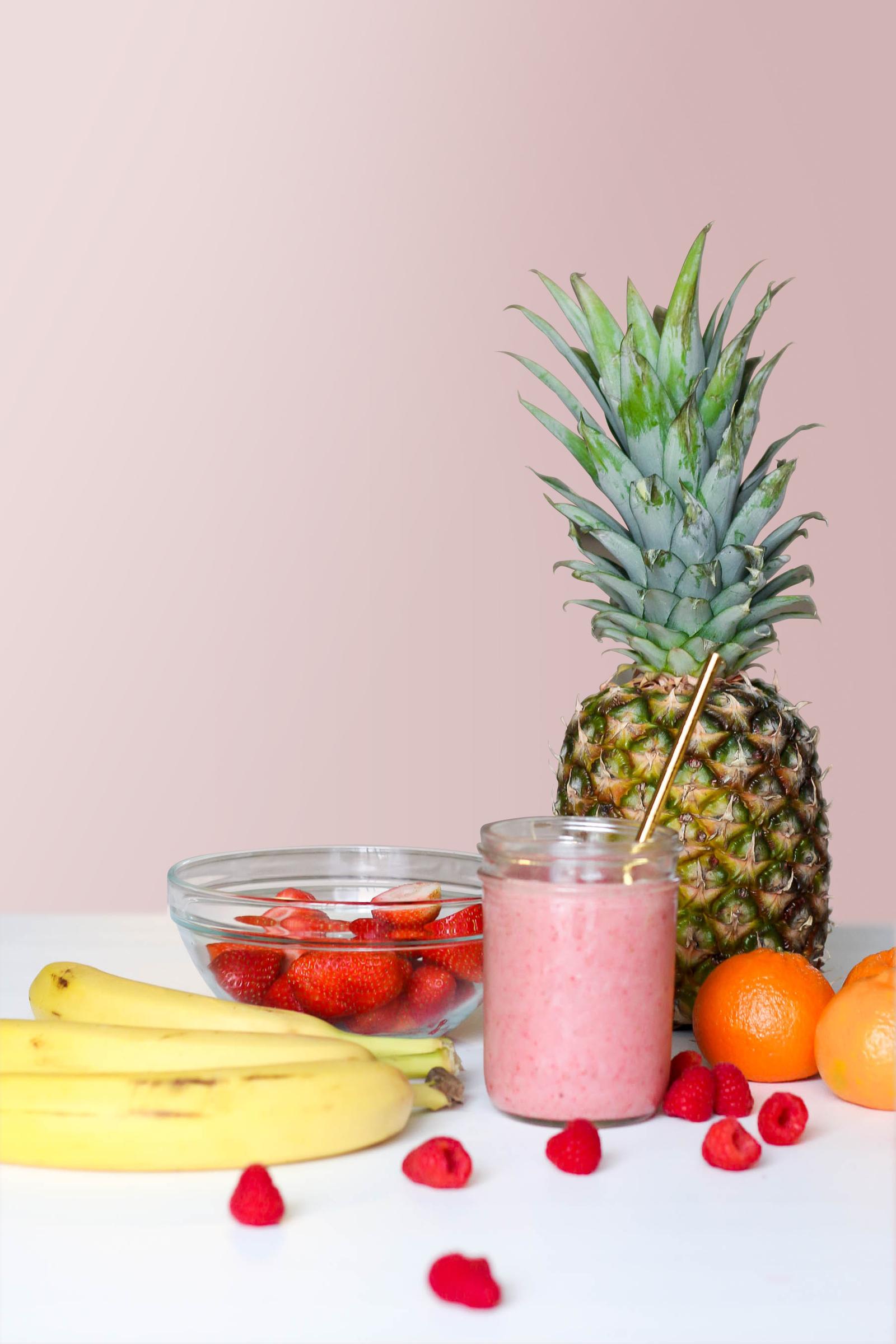
From the School Nurse
Mrs. Julia Lohmeyer
DRINKING WATER
Most health authorities agree that for healthy living, you should drink eight or more glasses of water every day. Along with oxygen, water is one of the 2 most essential materials for human life. The average person can survive for about 40 days without food, but most people will die if they go for more than 72 hours without a drink.
About 60 per cent of the human body consists of water. This means that the average adult male body contains 40 litres. Water is necessary for all the chemical reactions that occur in our bodies. It lubricates our joints and is responsible for cleansing our bodies, eliminating potentially poisonous waste products. The digestive system uses water every day to process the food we eat. Three-quarters of the human brain consists of water. For the body to keep functioning normally it needs a steady supply of water. Even without exercising we lose fluid through breathing, perspiration, urinary and bowel functions. With exercise, we can lose up to about 5 litres a day.
Curiously, because fluid loss is what occurs when a person commences dieting, some people who are hoping to lose weight reduce their fluid intake and therefore drink less water. However, water is more than a thirst quencher. It is quite possibly the single most important thing in achieving or maintaining desired weight. Water suppresses the appetite naturally and helps the body metabolise stored fat. Some studies have shown that a decrease in water intake will cause fat deposits to increase, while an increase in water intake can actually reduce fat deposits.
Most people drink less water than their bodies require. The most common mild dehydration symptoms are dizziness, headache, pale skin, loss of appetite, nausea, vomiting and a general flu-like feeling. Extreme cases may also include a racing heartbeat and trouble concentrating. Several studies have shown that an estimated 85% of “normal” headaches, (not Migraines), are caused by dehydration.
Here are several tips for avoiding dehydration
- Drink water even when you're not thirsty. Frequent sips are the best way to get through quite a bit and will not leave you feeling bloated.
- If you exercise regularly you should drink a glass of water before starting and then have half a glass every 15 minutes. This will prevent dehydration and improve performance. It's better to drink beforehand, since it can take several hours to restore lost fluid.
- You usually don’t need to drink expensive sports drinks when exercising. Research shows that losses in electrolytes only become significant after endurance exercise (i.e. for longer than 1 hour) to warrant drinking sports drinks over plain water.
- Choose to drink water, limit caffeine as this acts as a diuretic, causing you to lose more fluid in your urine. Tea, soft drinks, cocoa, chocolate and some over the counter and prescription drugs can have caffeine in them, and too many soft drinks will only make you even more thirsty.

